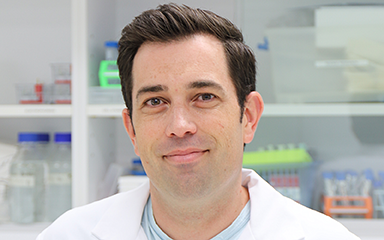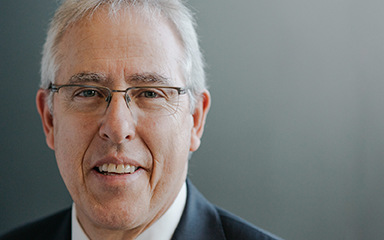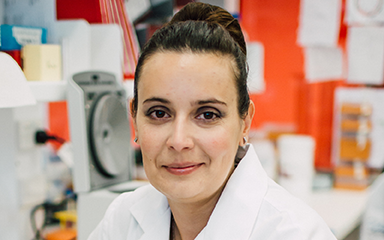Prostate cancer is an insidious disease which claims the life of an Australian every three hours. One in nine Western Australian men will develop prostate cancer. It accounts for approximately 30% of cancers diagnosed each year in Australian men and is the second most common cause of cancer death, after lung cancer. It has been estimated that around 120,000 Australian men are living with prostate cancer, and it is predicted that the number will increase to 267,000 by 2017. Compared with other cancers, prostate cancer has one of the highest five year survival rates.
WHAT IS PROSTATE CANCER?
Causes
The Prostate is an organ forming part of the male reproductive system. It is located immediately below the bladder and just in front of the bowel. Its main function is to produce fluid which protects and enriches sperm. Prostate cancer occurs when some of the cells of the prostate reproduce far more rapidly than in a normal prostate, causing a swelling or tumour. Prostate cancer cells eventually break out of the prostate and invade distant parts of the body. Once the cancer escapes from the prostate, treatment is possible but cure becomes impossible.
Risk factors
The strongest risk factor for prostate cancer is age and the chance of developing the disease rises rapidly after age 50. One in 11 Australian men will develop prostate cancer by age 70. Family history of prostate cancer is also a known risk factor and after the discovery that a gene that causes breast cancer can also cause prostate cancer, a family history of breast or ovarian cancer is now known risk factor.
Treatments
A range of treatments is available depending on the stage of the cancer:
- active surveillance (watchful waiting);
- surgery;
- radiation;
- high intensity focused ultrasound; and
- hormone therapy.
Prostate cancer at the Perkins
The Perkins has a research group working in the area of hormone-dependent cancers, particularly prostate and breast carcinomas. The group is focussed primarily on determining the mechanisms that control how hormones act in these tumours. In particular, how oestrogen in breast cancer and androgens (testosterone) in prostate cancer regulate proliferation of the cells and growth. This involves understanding how these hormones signal in the cancer cells, and we have been focused on the protein receptors for some of these studies, such as the testosterone (androgen) receptor and the HER2 receptor, as well as some of the interactions with the nuclear oestrogen receptor at the level of the DNA and gene regulation. By understanding some of these cellular processes, the group plans to develop novel therapeutic strategies to limit growth and progression of these diseases.
PERKINS PROSTATE CANCER RESEARCHERS

Professor Oliver Rackham
Synthetic Biology and Drug Discovery (Theme Head - Synthetic Biology)
Read morePerkins leading the
way in Prostate Cancer
Our Laboratory for Cancer Medicine is at the forefront of discovery, finding innovative new treatments for prostate cancers.
Liz's story
One phone call changed Liz’s world. Her mum rang with the terrible news that her father had been diagnosed with aggressive prostate cancer. Professor Peter Leedman and his team at the Perkins are focused on finding new ways to treat prostate cancer. One day we’re going to make cancer a non-lethal disease.


